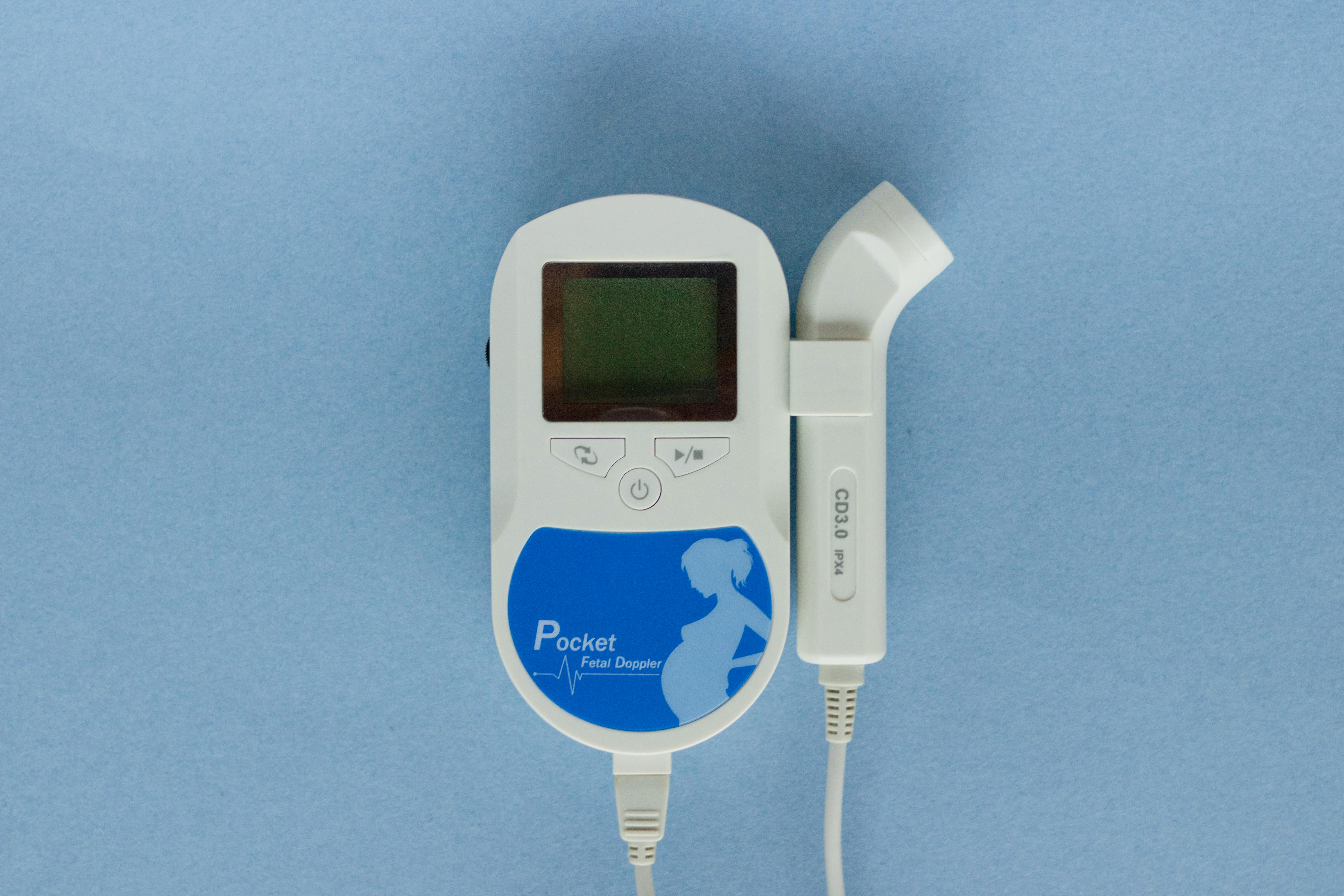Understanding Fetal Demise: Causes, Signs, and Coping Strategies

The journey of pregnancy brings a tremendous amount of joy and anticipation to expectant parents. Yet, sometimes, circumstances don't always go as planned, casting a dark cloud on what should be a beautiful experience. One such unexpected event is a fetal demise, a situation where a fetus passes away inside the womb.
Defining Fetal Demise
Fetal demise, also known as intrauterine fetal death (IUFD), occurs when a fetus dies in the uterus. This unfortunate event can occur at any point after 20 weeks of the gestation period, a term medically referred to as a late fetal death. If the fetal demise occurs before the 20th week, it is usually classified as a miscarriage. It's a distressing experience that can be difficult for expectant parents to understand and process.
What Triggers Fetal Demise?
While science has evolved vastly, the definitive causes of fetal demise are not always clear. It could occur due to a myriad of reasons. Some pregnancies may have complications such as infections, structural abnormalities in the fetus, placental issues, chromosomal abnormalities, or pre-eclampsia which might lead to fetal demise. Maternal health conditions like diabetes, thyroid disease, certain infections, and blood clotting disorders can also play a significant role. Factors such as maternal age, weight, lifestyle habits like smoking or drug use, and even environmental factors may contribute to the risk.
Signs of Fetal Demise:
Noticing the signs of fetal demise can be challenging. Some of the most common signs include the absence of fetal movements, a cessation of weight gain in the mother, and narrowly spaced contractions. The pregnant woman may also experience a decrease in signs of pregnancy, such as morning sickness, or the disappearance of swelling in breasts. The most conclusive sign is the lack of a fetal heartbeat, confirmed by an ultrasound.
How to Diagnose Fetal Demise?
It's a daunting prospect to consider, but there are avenues available for diagnosing fetal demise. Healthcare providers typically use an ultrasound to confirm the absence of a fetal heartbeat. Further diagnostic procedures may be deployed in case of ambiguity, such as Doppler flow studies or a biophysical profile (BPP). It's essential that expectant mothers take regular prenatal checks to quickly detect any changes in the progression of their pregnancies.
Management After Fetal Demise
The aftermath of fetal demise varies from woman to woman. Some might go into spontaneous labor, while for others, labor needs to be induced, especially if the fetal demise occurred late into the pregnancy. In some situations, a procedure known as dilation and evacuation (D&E) might be necessary. This approach is often chosen when the mother's health is at risk, or if the emotional trauma is deemed too high.
Crafting a plan for labor and delivery after a fetal demise is a highly personal decision. It's crucial for the parents and healthcare providers to have open conversations so that a plan that respects the parents' needs, religious beliefs, and cultural values can be formulated.
Coping Strategies for Parents
Coping with a fetal demise is difficult and the grieving process is deeply personal. Engaging in self-care activities, seeking professional help, joining support groups, and allowing oneself to grieve can play a part in the healing journey. Mental health professionals, faith leaders, and support networks can provide assistance throughout the recovery process. Parents should not shy away from seeking help when dealing with their loss.
Prevention and Future Pregnancies
While fetal demise isn't always preventable, maintaining a healthy lifestyle, getting regular prenatal care, managing chronic conditions, and avoiding harmful substances can reduce the risk. A detailed examination of previous pregnancy losses can also help healthcare providers to tailor a plan for future pregnancies. It's important for parents to understand that experiencing a fetal demise doesn't entirely eliminate the possibility of a healthy future pregnancy.
Understanding fetal demise and learning about its signs, causes, and management strategies can arm expectant parents, family members, and healthcare providers with the necessary knowledge to confront it should the situation arise. It's a deeply emotional journey to embark on, but one that isn't traveled alone. By educating ourselves and reaching out when support is needed, we can navigate through these difficult experiences with strength and resilience.





